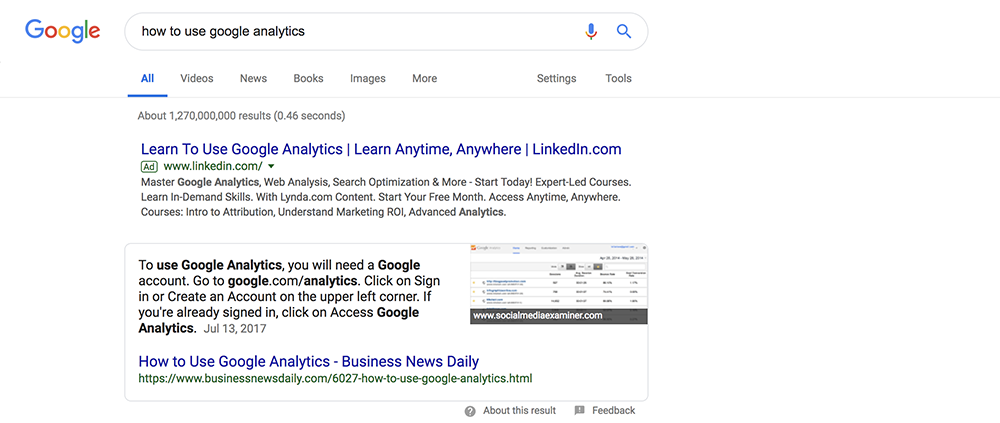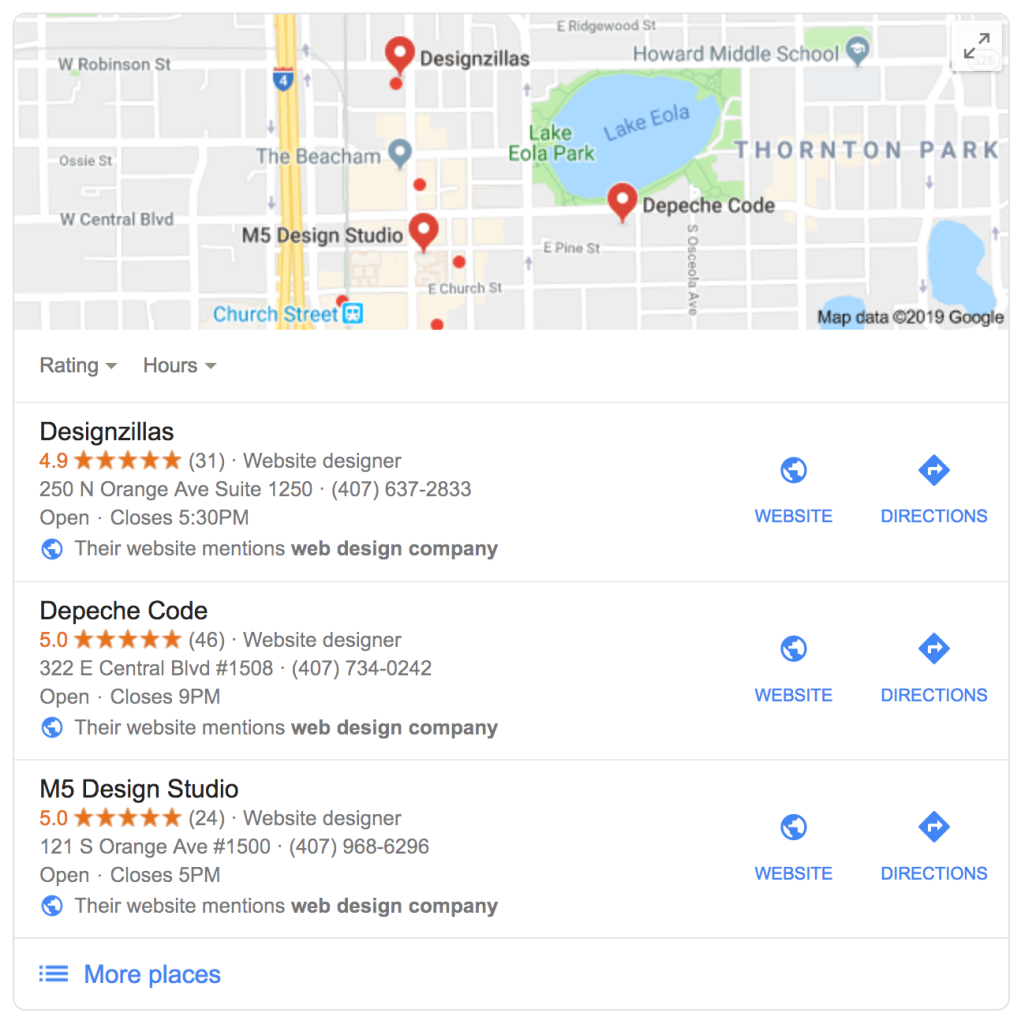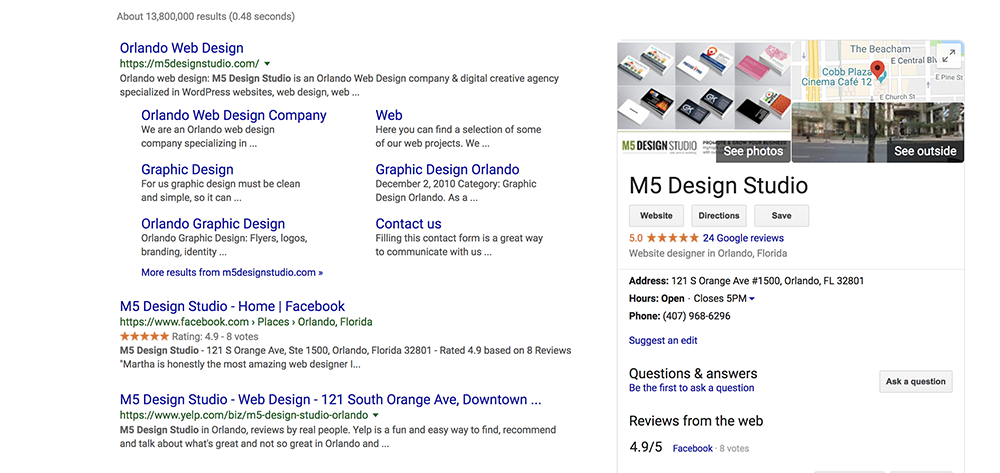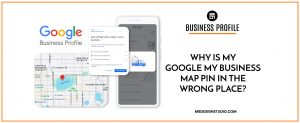
Orlando SEO
SEO (search engine optimization) is a multifaceted and complex approach that can improve your website’s visibility and Google ranking. On a technical level, it can be thought of as a process that ensures your website communicates effectively with search engines. In this process, one of the approaches to establish that communication is through the use of keywords and keywords strategies.
Keywords are the exact words and phrases your targeted audience are typing into search bars when looking for products and services like the ones you offer in search engines. And a keyword strategy is how you use those keywords to build a website, create content and advertisements that match what your potential customers are searching for.
How do you create a keyword strategy?
1. Brand Objectives
It is important to start simple by just examining your own goals and objectives as a business. Ask yourself: what products or services am I offering? what is my brand’s essence and message? What’s my ideal customer like?. This information will allow you to start understanding why users arrive on your website.
2. Keyword research
In this step, thoroughness is going to be essential as you will have to look at the keywords your target audience is searching for. We recommend the next couple steps:
a) Looking at search intent. This is the process of typing words related to your products, services and features in search bars, and seeing what information Google provides in its’ suggestions. This can be useful as it indicates user intent. There are many categories of intent from users, so there are going to be some that will work better for you depending on your business. Read below, for some of the main ones:
- Informational intent: it encompasses queries such as “What is [product name]?” or “How do I use [product name]?
- Commercial intent: these are usually from users comparing products or prices, and they include queries such as “best[product name]” or “[product name] reviews]
- Transactional intent: these queries are the most likely to turn into a conversion, and they include queries like “how much does[product name] cost?” or “affordable[product or brand name]”
b) Use keyword research platforms. Websites such as Google Adwords Keyword Planner or Google Trends are easy to use and provide a wealth of information on your keywords. Start by typing out words that describe your products and services and these platforms will deliver insights on how often are users searching for those words.
3. Examine your competition
Search for your competitors and pay attention to how they are using their keywords, their Google rank, what kind of content they are creating. This will give you an idea on how keywords are used in your specific industry.
4. Understanding search engines
Search Engines such as Google are constantly looking to improve their user experience, and they do so by adding different features and developing specific kinds of code to access websites with relevant information. Here are the most important ones:
-
- Featured Snippets: these are search results selected by Google that are featured on top of Google’s organic results below the ads.

- Local Packs: this is a feature that is shaped like a map and displays places related to the user’s query. If you have a physical store, this is essential as it could help clients find your store easily.

- Knowledge Graph: in this feature the information is presented to users in a box next to the search results. If you create content providing information about a topic in your website, getting featured in the knowledge graph could bring important traffic to your website.

- Featured Snippets: these are search results selected by Google that are featured on top of Google’s organic results below the ads.
Looking at the content and keywords in the features above could help you plan out a more insightful keyword strategy.
5. Analyze data
In order to accurately measure the effectiveness of your keyword strategy, we recommend assessing your site’s performance before and after you have implemented your keyword strategy. Google Analytics is a great tool to conduct such evaluations.
In Google Search Console, you can even look at queries and common uses to spot area that could use more work. Queries represent query strings that users have searched for on Google. Only searches that returned your site are shown.Common uses, on the other hand, are generated when the search engine reviews the query list for expected keywords. If keywords that you expect to see don’t appear, your site might not have enough useful content relevant to those keywords. If unexpected words (like “Viagra” or “casino”) appear, it’s likely that your site has been hacked.
We recommend finding queries with high impressions and low CTR(click-through-rate). These queries can help identify where you can improve your titles and snippets to match your users’ interests.
Find branded or not-branded query totals. You might want to see how many queries show your site when the user does or doesn’t include a specific string, such as a brand name. Because anonymized queries can’t be counted, and long-tail data is dropped when filtering by query, you can only approximate this value.
6. Target your keywords
Now that you have gathered valuable information about your business, your competitors, your audience and even search engines, you can start creating content that incorporates your keywords, and that not only matches, but goes beyond what your competitors are doing. Depending on your industry, you could target your keywords by creating landing pages, write articles, publishing videos, etc.
Orlando SEO Company
If you would like for Orlando top SEO professionals to create a keyword strategy for your business, contact us! We are an Orlando SEO & Marketing company experienced at helping businesses improve their websites & Google search results positioning.









